Better Food, Better Brazil
Brazil MUST transition its food system to be people- and planet-positive
AND can do so by using finance as a key lever
The report discusses (i) the centrality of Brazil to global food system transformation, (ii) the benefits of a transition for Brazilian producers, investors and governing authorities, (iii) the investment requirement of a transition, (iv) the types of business models that should be scaled, (v) the barriers encountered by producers, investors and government when scaling nature-positive agriculture in Brazil, and (vi) the solutions to overcoming those barriers, before concluding with eight tangible recommendations for stakeholders across the Brazilian food system.
Report Highlights
The impacts of Brazil’s food system are not just confined to Brazil, but affect the economies, climates and diets of the world over. Brazil is the fourth-largest food producer in the world, stores a quarter of the world’s carbon and is home to 15-20% of the world’s biodiversity. Just this year, global food prices were significantly shifted as a result of droughts and frosts in Brazil.
Brazil’s current food system, despite contributing to a third of the country’s GDP, is producing huge hidden costs totalling $300 billion each year. These costs are the result of environmental externalities, public health costs, impacts on society and inefficiencies.
For Brazil to continue its remarkable economic success, the country must transform its food system to one that is nature- and people-positive, as well as resilient. This means creating a food system for Brazil that still spurs economic growth, feeds its growing population but also fosters nutritious diets, improves livelihoods and protects nature.
If Brazil scales nature-positive business models on the forest frontier, the country can unlock $70 billion dollars worth of business opportunities each year and capture a minimum of 7% of the global sustainable foods market. The report discusses eight examples of such business models and groups them into those that create value from standing forest products, sustainable intensification, restoration and conservation, and technology enablers.
To scale these business models, the investment requirement is just $21 billion per year – meaning revenues are three times the investment requirement. A transition will also help diversify investor portfolios, reduce reputational risk, and limit exposure to nature-related risks such as droughts, fires, and frosts.
A transition will create 8 million new jobs by 2030. A more inclusive and biodiverse food system can increase producer quality of life, diversify income streams, reduce conflict, and improve food security.
There are number of barriers that make a transition more tricky and provide an excuse to delay. The report outlines them all – and then goes on to provide their solutions. Producers will face high capital and opportunity costs as well as knowledge gaps. Investors face perceived high investment risk, a lack of access to investable pipelines and perverse incentives that reward short-term profits over long-term sustainability. Meanwhile, governing authorities must improve law enforcement and create an enabling environment.
No sector can work in a silo: systemic change requires coordination across all players in the food system. The report concludes by recommending eight top priority actions for specific stakeholders in the Brazilian food space.


